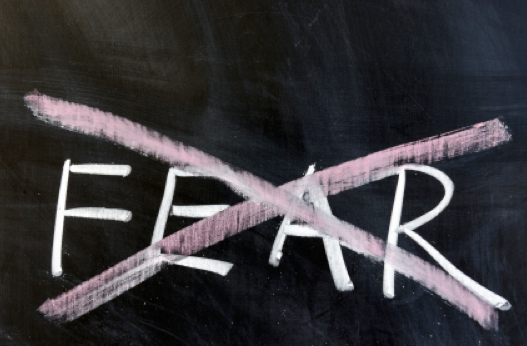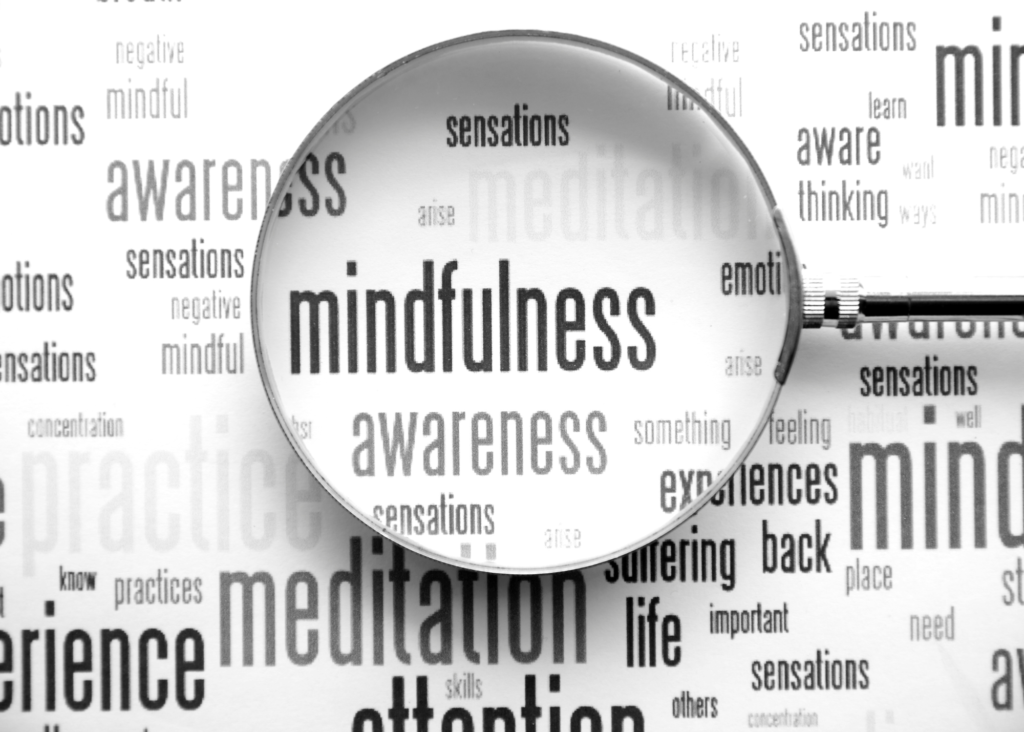
Imagine stepping onto a stage, in front of a Zoom meeting, in a conference room at work or in front of a group at your Church, feeling calm, confident, and fully prepared to captivate your audience with your words.
Sounds like a dream, right?
Well, with the help of pre-performance routines, you can turn this dream into a reality.
In this post, I’ll explore the incredible power of pre-performance routines for speakers, and performers in general, and provide you with 4 valuable tips to help you create a relaxed and impactful speaking experience that will leave your audience inspired.
- Finding Your Center – Mindset Matters: Preparing for a speech goes beyond simply practicing your lines or rehearsing for a performance. It’s about cultivating the right mindset. Incorporating mindfulness techniques into your pre-performance routine can help you find your center and reduce anxiety. Take a few moments before your presentation to close your eyes, breathe deeply, and focus on the present moment. Intentionally focus on being as centered as possible prior to performing. This practice will calm your nerves and allow you to approach your speech with a relaxed and confident mindset.
- Physical Warm-Up – Energize Your Body: Engaging in physical warm-up exercises is not just for athletes. As a speaker, your body language and vocal delivery are essential aspects of your performance. Incorporate gentle stretches, shoulder rolls, and deep breathing exercises into your routine to release tension and energize your body. This physical warm-up will not only relax your muscles but also help you project your voice more effectively and maintain a poised and confident posture throughout your presentation.





